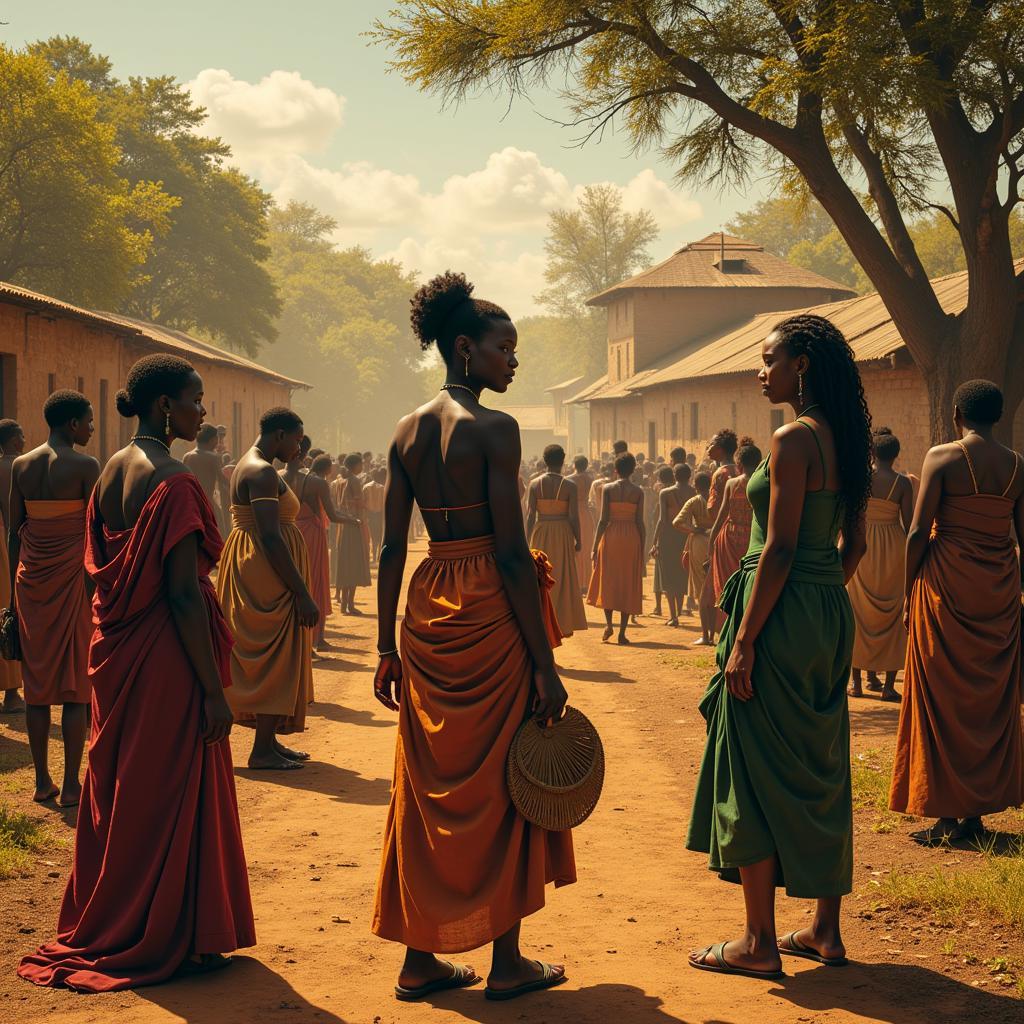African Countries in United Nations List: A Comprehensive Overview
All 54 recognized African countries are members of the United Nations, a testament to the continent’s integral role in global affairs. This article delves into the significance of African countries within the UN, exploring their history, contributions, and challenges.
The United Nations plays a crucial role in fostering international cooperation and addressing global challenges. Understanding the participation of African countries in the UN provides valuable insights into the continent’s evolving relationship with the world. From advocating for sustainable development to promoting peace and security, African nations actively shape the UN’s agenda. The African Union, representing the collective voice of the continent, further amplifies the impact of African countries in the UN. You can learn more about the African Union and its member states through resources like the list of African union countries.
Historical Context of African Countries in the UN
The journey of African countries into the UN is intertwined with the continent’s struggle for independence. As nations gained sovereignty, they sought a platform to voice their concerns and contribute to global governance. The UN became a symbol of hope and a means to address the legacy of colonialism. This period marked a significant shift in the global power dynamic, with African countries becoming key players on the international stage. The african countries that have never been colonized offer a unique perspective within the UN, often advocating for self-determination and sovereignty.
African Countries and their Contributions to the UN
African countries have made significant contributions to the UN across various domains. From peacekeeping operations to promoting human rights, their influence is undeniable. They have been instrumental in shaping the UN’s sustainable development goals, advocating for equitable access to resources and opportunities. Furthermore, African nations have played a pivotal role in addressing climate change, a challenge that disproportionately affects the continent. Their expertise and lived experiences contribute valuable perspectives to global climate action. The ongoing african debt crisis also features prominently in UN discussions, with African nations seeking sustainable solutions for economic development.
How Many African Countries are in the UN?
All 54 recognized sovereign states in Africa are members of the United Nations. This full representation signifies the continent’s commitment to international cooperation and its crucial role in shaping global discourse. Knowing how many countries are there in the african union can help understand the collective power of African nations within the UN.
“The UN provides a vital platform for African countries to advocate for their interests and contribute to global solutions,” notes Dr. Abiola Makinde, a prominent expert on African geopolitics. “Their active participation is essential for achieving a more just and equitable world.”
Challenges and Opportunities for African Countries in the UN
While African countries have made significant strides within the UN, they continue to face challenges. Issues such as underrepresentation in leadership positions and the need for greater financial resources require ongoing attention. However, the growing influence of African nations presents opportunities to further strengthen their voice and impact on the global stage. Promoting partnerships and fostering greater collaboration among African countries within the UN can further amplify their collective power.
Professor Kwame Nkrumah, a respected scholar of international relations, emphasizes, “African nations must leverage their collective strength within the UN to address the continent’s unique challenges and contribute to shaping a more equitable global order.” Knowing the african countries and capitals in alphabetical order can be a useful starting point for understanding the diverse landscape of African representation in the UN.
Conclusion
The presence of all 54 African countries in the United Nations underscores the continent’s importance in global affairs. Their contributions to peacekeeping, sustainable development, and human rights are invaluable. By continuing to address existing challenges and leveraging opportunities for collaboration, African nations can further strengthen their influence within the UN and contribute to building a more just and sustainable future for all.
Kêu gọi hành động: Khi cần hỗ trợ hãy liên hệ Số Điện Thoại: +255768904061, Email: [email protected] Hoặc đến địa chỉ: Mbarali DC Mawindi, Kangaga, Tanzania. Chúng tôi có đội ngũ chăm sóc khách hàng 24/7.


